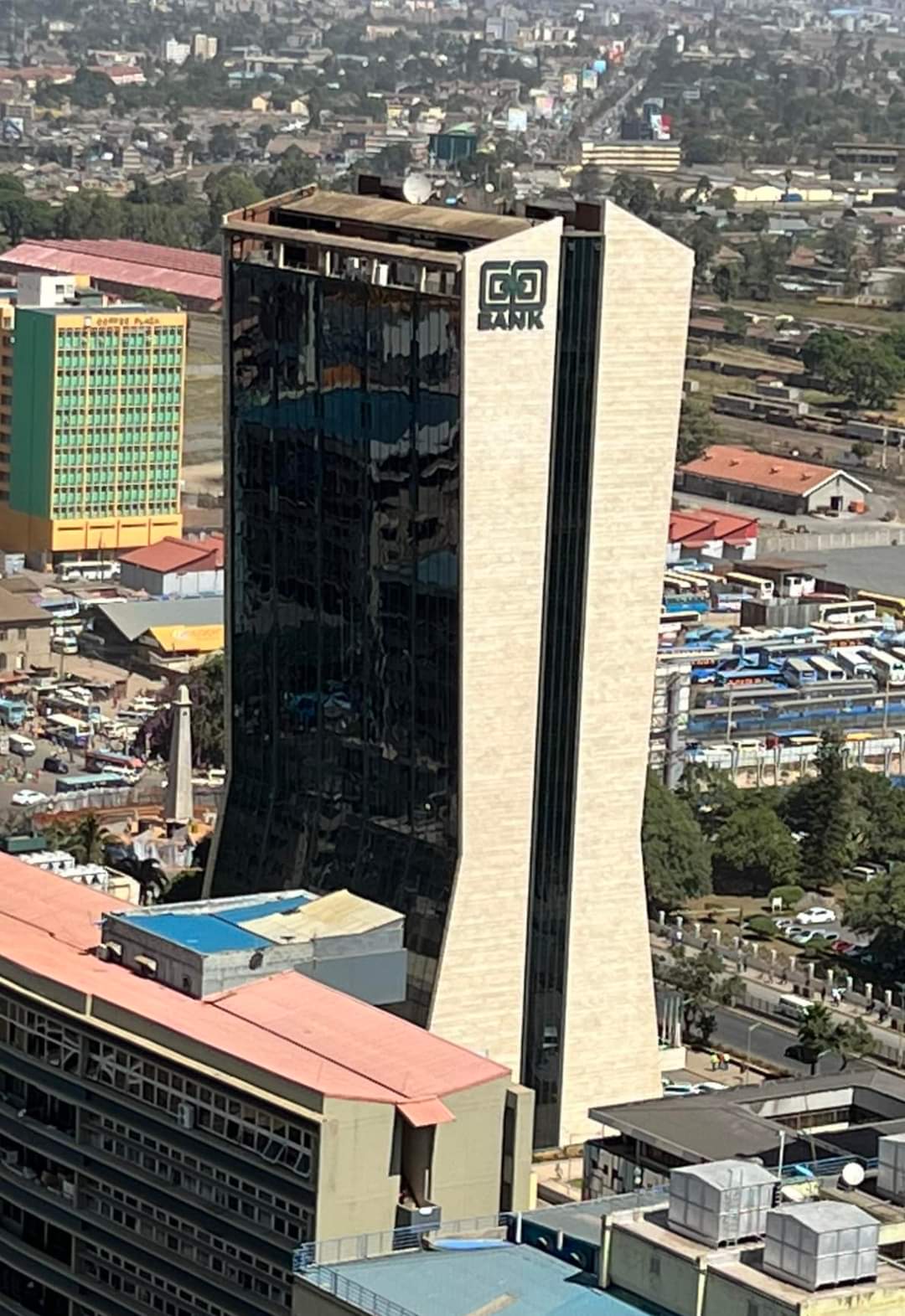Co-operative Bank of Kenya has overtaken KCB Group to become the second most valuable lender on the Nairobi Securities Exchange as the latter’s share price continued to fall.
Co-op Bank’s stock was unchanged yesterday at Sh11.85, giving it a market capitalisation of Sh69.5 billion.
This has seen the lender overtake KCB for the first time, opening a gap of Sh2.3 billion.
KCB’s share price fell 4.78 per cent on Thursday to close at a new 52-week low of Sh20.9, assigning it a market value of Sh67.1 billion.
The bank’s share price fall gained pace in recent weeks after it reported lower earnings and a surge in provisions for loan defaults in the half year ended June.
At the start of the year, KCB’s market value was ahead of Co-op Bank by Sh52.2 billion. KCB’s relegation to third place came after it shed Sh56 billion in paper wealth since the first trade of the year.
Over the same period, Co-op Bank has lost only Sh1.4 billion. The bank has one of the lowest share price volatility among the country’s publicly-traded lenders.
Equity Group remains the most valuable bank at Sh135.6 billion despite losing Sh34.3 billion over the review period.
At current levels, Equity is valued at almost KCB and Co-op Bank combined.

The second-place rank is likely to remain in contention as observers watch the evolution of the performance of the two lenders in the next few quarters. Their rivalry is among the upheavals in the league table of Kenya’s listed banks.
Standard Chartered Bank Kenya has also closed in on NCBA Group with their market capitalisation standing at Sh61.8 billion and Sh62.1 billion respectively as of Thursday.
StanChart has grown its market value by Sh7 billion since the start of the year while NCBA has lost Sh2 billion over the same period, leading to the convergence.
The top five lenders are Equity Bank – 136bn, Co-op Bank – 70bn, KCB – 67bn, NCBA – 62bn and Stanbic – 45bn.
The most significant change in shareholder paper wealth was seen at KCB whose chief executive Paul Russo, now in his second year at the helm, is taking measures to address the legacy bad debt at the lender.
KCB reported a 20 per cent net profit drop from six months to June, nearly tripling its provisioning for loan defaults. Its net profit fell to Sh15.5 billion from Sh19.5 billion posted in the preceding similar period.
KCB’s operating expenses increased by 60 per cent to Sh50.61 billion while provisions for non-performing loans jumped 2.4 times to Sh10.2 billion from Sh4.32 billion.
Analysts say investors have overreacted to the bank’s spike in provisions, placing a buy recommendation on the stock.
All the listed banks remain undervalued by historical standards, with the lenders having previously traded at multiples of their net assets before the onset of the bear run.

